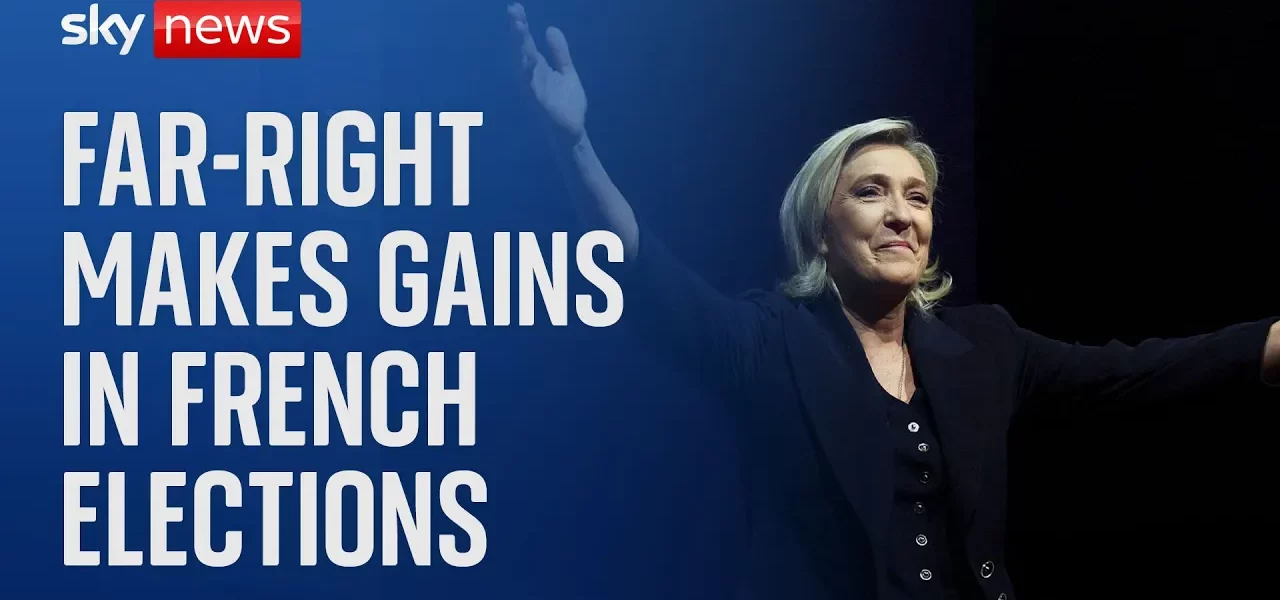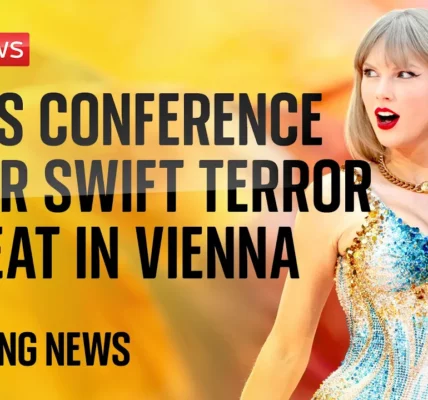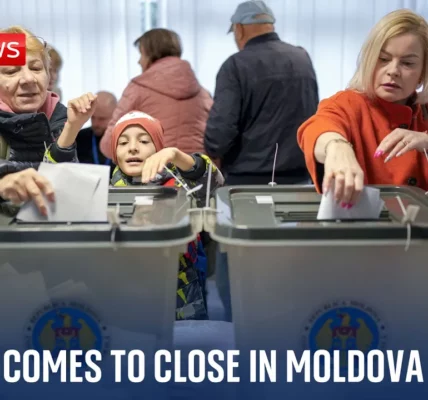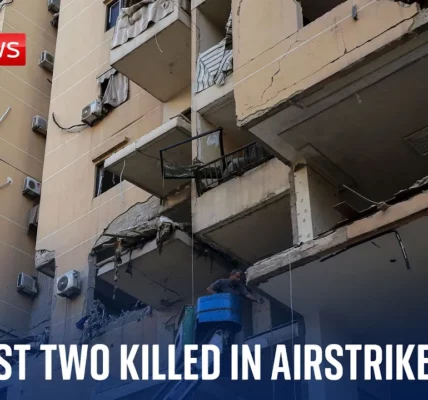France’s Political Shift: The Rise of the Hard Right in Recent Elections

This article explores the recent parliamentary elections in France, highlighting the significant rise of the hard right and its implications on the political landscape. With a historic showing for the National Rally, the country faces an uncertain future under the potential leadership of Jordan Bardella.
Introduction
The recent parliamentary elections in France have marked a turning point in the nation’s political history. As polling stations closed, the streets of Paris became a hub of protest and political fervor. Groups on the left gathered in response to the hard right’s unprecedented success, signaling a shift in the political landscape that many are unprepared for. At the center of this transformation is Jordan Bardella, a 28-year-old figure poised to potentially lead France into a new era. This article delves into the election results, the emerging political dynamics, and the implications for the future of governance in France.
The Rise of Jordan Bardella and the National Rally
Jordan Bardella’s ascent within the National Rally symbolizes a broader trend of right-wing populism gaining traction in Europe. In this section, we will examine Bardella’s political positioning and the challenges he faces in gaining mainstream acceptance.
Who is Jordan Bardella?
Jordan Bardella is not just a young politician; he represents a generational shift in France’s political arena. With his youthful demeanor and rhetoric aimed at uniting the nation under the values of freedom, equality, and fraternity, Bardella must navigate the complexities of being perceived as a right-wing extremist. His statements have been crafted to appeal to the broader electorate while attempting to distance himself from the ultra-nationalist image that has often plagued his party.
Challenges Ahead
Despite his ambitions, Bardella’s path is fraught with hurdles:
- Convincing the electorate of his legitimacy as a mainstream politician.
- Overcoming the historical stigma attached to the National Rally.
- Dealing with strong opposition from leftist coalitions, including the newly formed Popular Front.
The Political Landscape Post-Elections
The results of the parliamentary elections have shifted the balance of power in France, leading to a potential coalition of extremes. This section analyzes the outcomes and the implications for President Emmanuel Macron’s government.
The Impacts of Macron’s Gamble
President Emmanuel Macron’s decision to call for early elections was seen as a high-stakes gamble, one that has not paid off as expected. The centrist Ensemble coalition, which once held a commanding presence, has now fallen to third place. The implications of this loss are significant:
- Increased pressure on Macron to address rising concerns about right-wing governance.
- The necessity for damage control to prevent the National Rally from gaining an absolute majority.
- Potential shifts in policy as Macron’s administration seeks to reposition itself amidst growing opposition.
High Voter Turnout and Public Sentiment
The elections saw an exceptional turnout, with approximately 35 million voters participating. This surge reflects a heightened political awareness among the populace, yet the mood remains anxious:
- Many citizens express fear over the normalization of extreme right politics.
- Concerns about social stability and the potential for civil unrest are palpable.
Public Reactions and Protests
As results rolled in, Paris witnessed a wave of protests, reflecting deep-seated anxieties among various demographics about the election outcomes. This section explores these reactions and their implications for social cohesion.
Protests and Political Ferment
The streets of Paris were filled with demonstrators confronting police, an indication of the volatile atmosphere in the country. The authorities’ response, including the use of tear gas, highlights the growing tensions:
- Protests signify widespread dissatisfaction with the election results.
- Demonstrators from both left and right express fears about the future direction of the country.
The Path Forward
The rise of the hard right in France signals a potentially tumultuous period ahead. As various factions vie for power, the need for dialogue and compromise becomes increasingly urgent. The implications of this political shift will be felt not only in France but across Europe as well.
Conclusion
The recent parliamentary elections have undeniably altered the political landscape in France, with the hard right gaining unprecedented power. Jordan Bardella’s potential rise to leadership presents both challenges and opportunities for the nation. As the public grapples with an uncertain future, it is clear that France is entering a complex and possibly unstable period. It is essential for citizens and leaders alike to engage in constructive dialogue to navigate these changes effectively.
For more insights into the evolving political dynamics in France and Europe, explore our related articles on political trends and analysis.
“`




